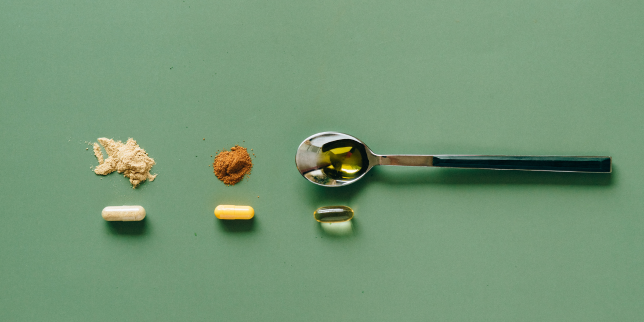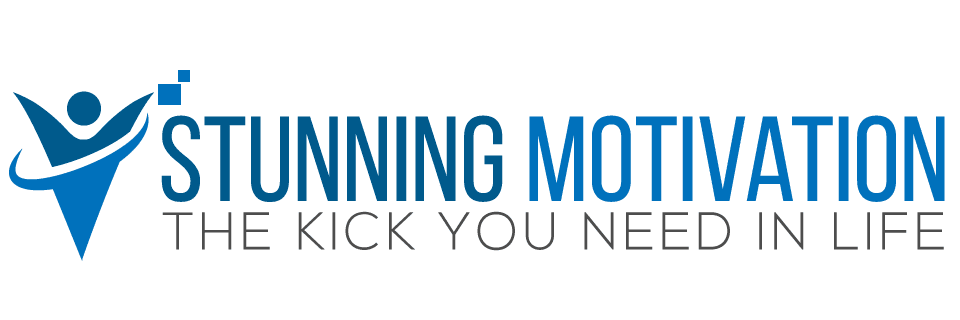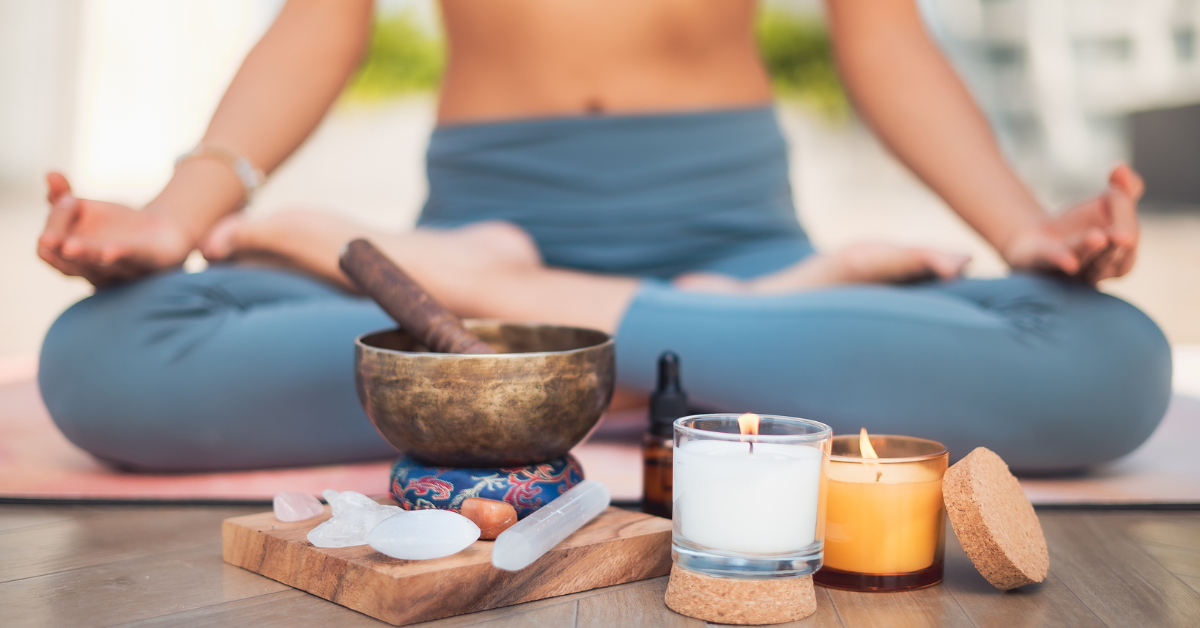Welcome to our latest blog post! Today, we’re going to talk about something that is crucial for maintaining good health: healthy daily habits. Whether you’re recovering from an illness or injury, or simply looking to improve your overall wellness, establishing and maintaining these habits can make a huge difference in how you feel both physically and mentally.
From taking supplements to staying hydrated, we’ll cover seven essential habits that will help support your healing process and keep you feeling your best every day. So let’s dive in!
1. Take Supplements

Supplements are a great way to support your healing process and give your body the nutrients it needs. However, it’s important to remember that supplements should not be used as a replacement for healthy eating habits. They should instead be used in addition to a balanced diet.
Before taking any supplements, it is recommended that you consult with your healthcare provider first. This will help ensure that the supplements you take do not interfere with any medications or medical conditions you may have.
There are many different types of supplements available on the market today, each designed to address specific health concerns. Some common examples include vitamins, minerals, herbal remedies, and probiotics. We should also mention BPC-157, which is a synthetic peptide known for its regenerative effects.
Now, when it comes to this supplement, resorting to the BPC-157 dosage calculator would be wise, simply due to the fact that you want to minimize the potential downsides. When choosing which supplements to take, make sure they are high quality and from reputable sources. Always follow dosing instructions carefully and never exceed recommended dosages without consulting with your doctor first.
2. Maintain a Healthy Sleep Schedule

Getting enough quality sleep allows our bodies to repair and rejuvenate, which is crucial for overall health. To maintain a healthy sleep schedule, it’s important to establish a consistent bedtime routine. This can include winding down before bed with relaxing activities such as reading or taking a warm bath.
Avoiding screens and electronics before bed can also help improve the quality of your sleep. Creating a comfortable sleeping environment is also key. This means ensuring that your bedroom is cool, dark, and quiet. Investing in high-quality bedding and pillows can also make a big difference in the quality of your rest. It’s also important to prioritize getting enough hours of sleep each night.
While individual needs may vary, most adults require between 7-9 hours per night to function at their best. If you struggle with falling asleep or staying asleep throughout the night, there are several natural remedies that may help. These include herbal teas, aromatherapy oils like lavender and chamomile, and practicing relaxation techniques like deep breathing exercises or yoga.
3. Eat Plenty of Healthy Foods

Firstly, aim to eat a variety of fruits and vegetables each day. These colorful foods are packed with vitamins, minerals, antioxidants, and fiber which can help to strengthen your immune system and protect against chronic diseases such as heart disease and cancer.
Secondly, choose whole grains over refined ones. Whole grains such as brown rice, quinoa, oats, and barley contain more nutrients than their refined counterparts like white bread or pasta. They also keep you feeling fuller for longer periods of time.
Incorporate lean proteins such as chicken breast or fish into your meals. Protein is essential for repairing tissues within our bodies that may have been damaged during the healing process.
4. Exercise Your Mind and Body Regularly

Regular exercise can help reduce stress and anxiety levels, improve mood, increase focus and concentration, and even enhance cognitive function. When it comes to exercising the mind, there are many options available.
You can try puzzles or brain teasers to challenge your thinking skills or learn a new language or skill that requires mental effort. Reading a book or listening to podcasts can also be great ways to keep your mind engaged.
For physical exercise, you don’t necessarily have to hit the gym every day. Simple activities like walking, jogging, swimming, or cycling can help keep you physically fit while boosting your mood and energy levels at the same time. Yoga is another great option that combines both physical activity and mindfulness for overall wellness.
Incorporating regular exercise into your daily routine doesn’t have to be daunting either. Even 30 minutes of moderate-intensity exercise five times a week can make a significant difference in improving both physical and mental health.
5. Connect with Others and Maintain Your Social Life

Connecting with others can be as simple as meeting up with friends for lunch or dinner, joining a local club or group that interests you, or attending community events. These activities not only provide opportunities to meet new people but also allow you to engage in meaningful conversations and build lasting relationships.
Furthermore, maintaining a social life can help reduce stress levels and prevent feelings of isolation or loneliness. Being around supportive friends and family members who share similar values and interests can give you a sense of belonging and purpose.
However, it’s important to remember that everyone has different needs when it comes to socializing. While some may prefer larger groups and frequent outings, others may find comfort in smaller gatherings or one-on-one conversations.
It’s essential to prioritize what feels comfortable for you while still making an effort to connect with others regularly. The key is finding the balance that works best for your personality type and lifestyle.
6. Try Meditation or Other Forms of Relaxation

Meditation has been shown to have numerous health benefits, including reducing stress and anxiety, improving sleep quality, boosting mood, and even lowering blood pressure. There are many different types of meditation techniques you can try – from mindfulness meditation which involves focusing on the present moment without judgment – to transcendental meditation which uses a mantra or sound.
Other forms of relaxation include deep breathing exercises such as diaphragmatic breathing (also known as belly breathing) where you inhale deeply into your diaphragm for several counts before exhaling slowly. Yoga is another great option that combines physical movement with breathwork and mindfulness. If traditional meditation isn’t quite your thing, there are plenty of alternative options available too!
Try spending some time in nature whether it be going for a hike or simply sitting outside in the sun; coloring books designed specifically for adults have also become very popular lately due to their relaxing effect on the mind!
7. Remember to Hydrate Yourself

When you’re dehydrated, your body has to work harder to function properly, which can slow down the healing process. That’s why it’s important to make sure you’re drinking enough water throughout the day.
One way to ensure that you stay hydrated is by carrying a water bottle with you wherever you go. This will help remind you to drink water regularly and also make it easily accessible whenever you need it. Another great way to stay hydrated is by eating foods that have high water content such as fruits and vegetables.
Some examples include cucumbers, tomatoes, strawberries, and oranges. Additionally, it’s important to be mindful of how much caffeine or alcohol consumption may affect your hydration levels. Both caffeine and alcohol are diuretics that can cause dehydration if consumed in excess.
Takeaway
Developing healthy daily habits can be incredibly beneficial for your healing process. By taking supplements, maintaining a healthy sleep schedule, eating nutritious foods, exercising regularly both mentally and physically, connecting with others socially, and trying relaxation techniques like meditation, you will provide your body with the support it needs to heal.
Remember that everyone’s journey is unique and that there may be other habits that work well for you personally. It’s essential to listen to your body and experiment with different practices until you find what works best for you.


